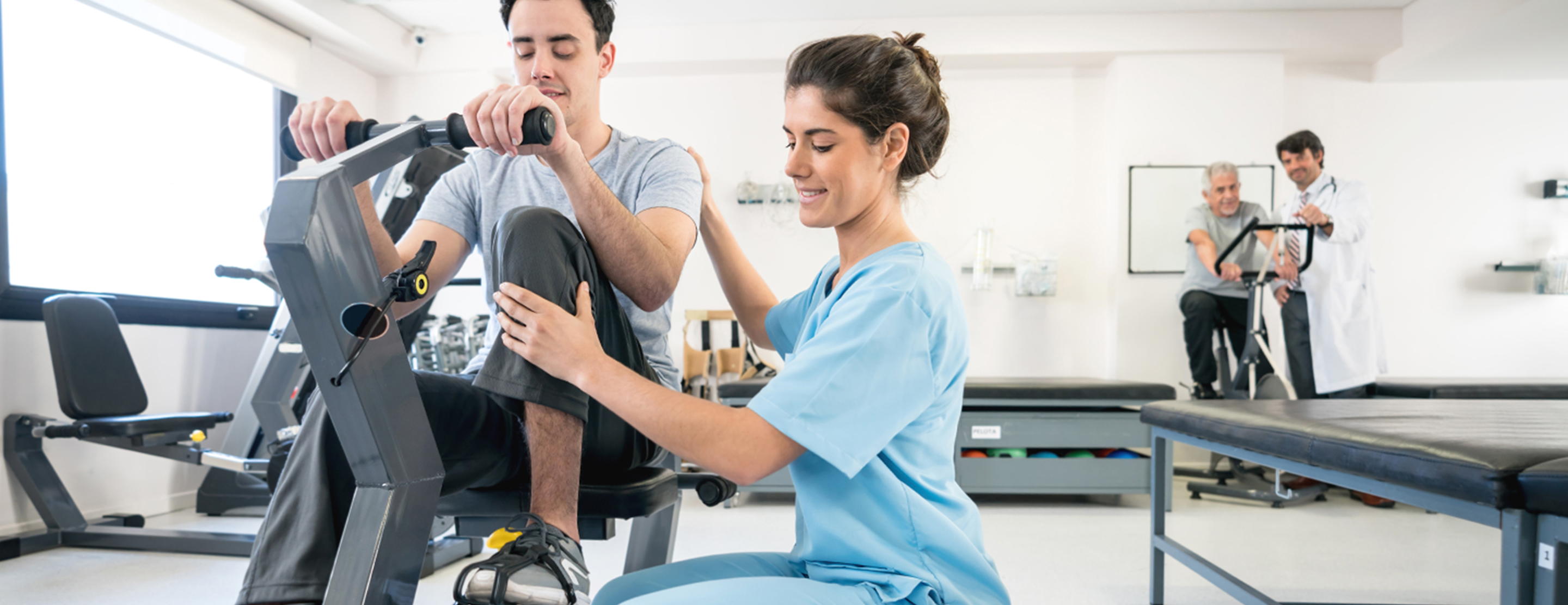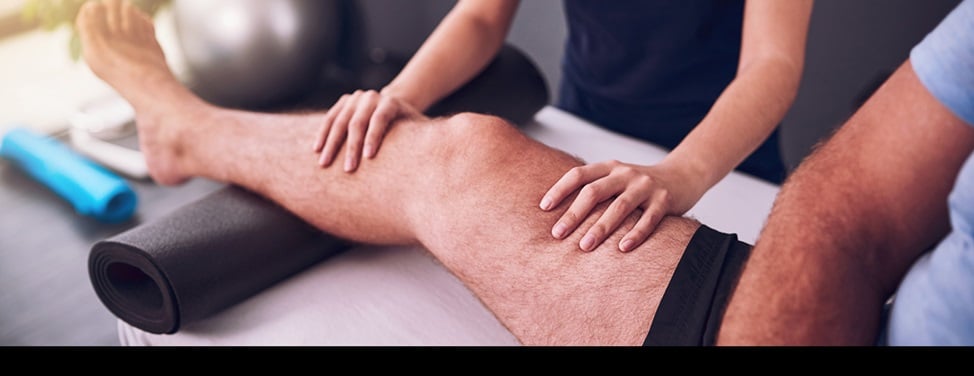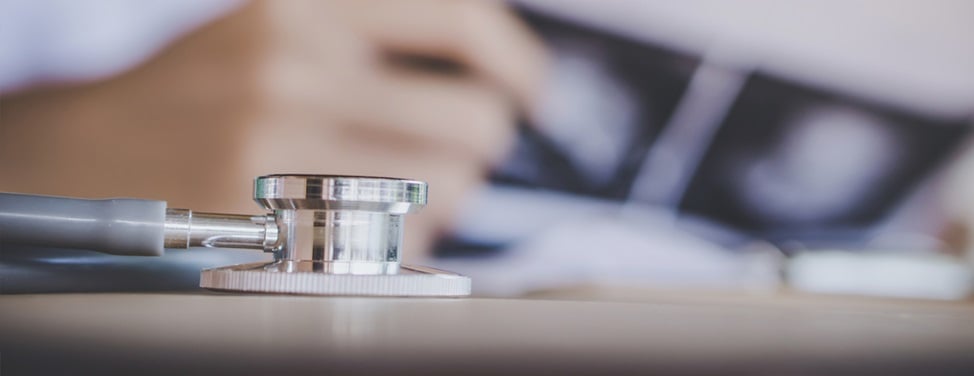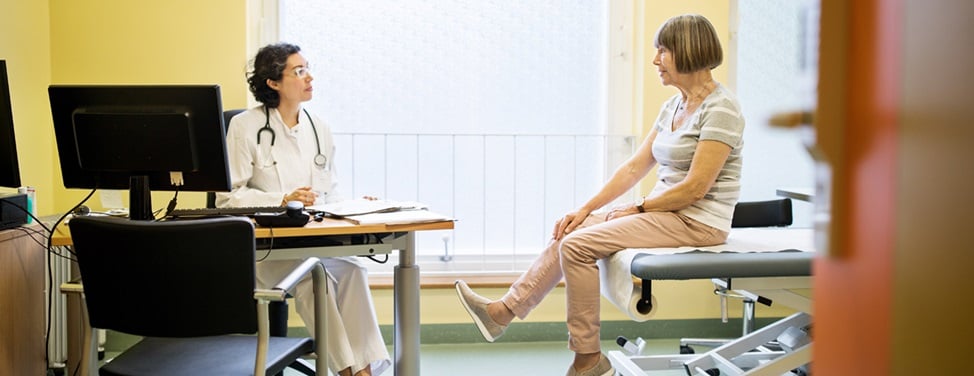
Preventing Future Patellofemoral Pain
To decrease the risk of patellofemoral pain returning after surgical kneecap realignment, doctors generally recommend that you make the stretching and strengthening exercises you learned in rehabilitation part of your everyday routine.
Proper rehab will help your new kneecap attachments heal in a normal position and keep it moving smoothly in its track. To prevent rupturing your new kneecap attachments while they heal, avoid bending your knee more than 90 degrees. Try to be patient in rehab and do not rush to return to activities.
Many of the popular fitness exercises and activities put stress on your knees. To prevent patellofemoral pain it is important to learn knee-sparing exercise techniques. This can be done by dividing your activities into three components:
Daily Living
The average person takes between 12,000 and 15,000 steps a day, exerting a force between two and five times his or her body weight on the knees. After a knee injury, take it easy on your knees during the day whenever possible to save them for activities and exercise. Avoid stairs when there is an elevator, take the shortest path when walking, and consider wearing athletic shoes designed to absorb shock rather than hard-soled shoes.
Muscle Strengthening and Conditioning
Activities themselves are not a substitute for conditioning, and your need for special conditioning to prepare for activities increases with age. The best strengthening programs are low-impact and non-weight-bearing, like stationary bikes and certain weightlifting programs, which do not require the knees to absorb shock.
Recreation
Sports that require twisting and quick-direction changes put great strain on your knee. Any climbing or jumping activity where the knee is bent beyond 90 degrees puts undue pressure on the cartilage surfaces under the kneecap. To prevent injury, stick to light, non-impact activities for your recreation. If you decide to return to sports like football and basketball, a doctor should carefully examine your kneecap and test it for proper alignment.
If you plan on participating in sports, remember to take it easy during daily activities and to keep your kneecap tracking properly with stretching and strengthening exercises. Your doctor may prescribe a brace to wear during recreational activities, which will help keep your kneecap in track.
A small amount of pain is normal during physical activity, but if you feel so much pain in your knee to warrant taking a painkiller before an activity, you should consider cutting back or discontinuing that activity.
UCSF Health medical specialists have reviewed this information. It is for educational purposes only and is not intended to replace the advice of your doctor or other health care provider. We encourage you to discuss any questions or concerns you may have with your provider.











